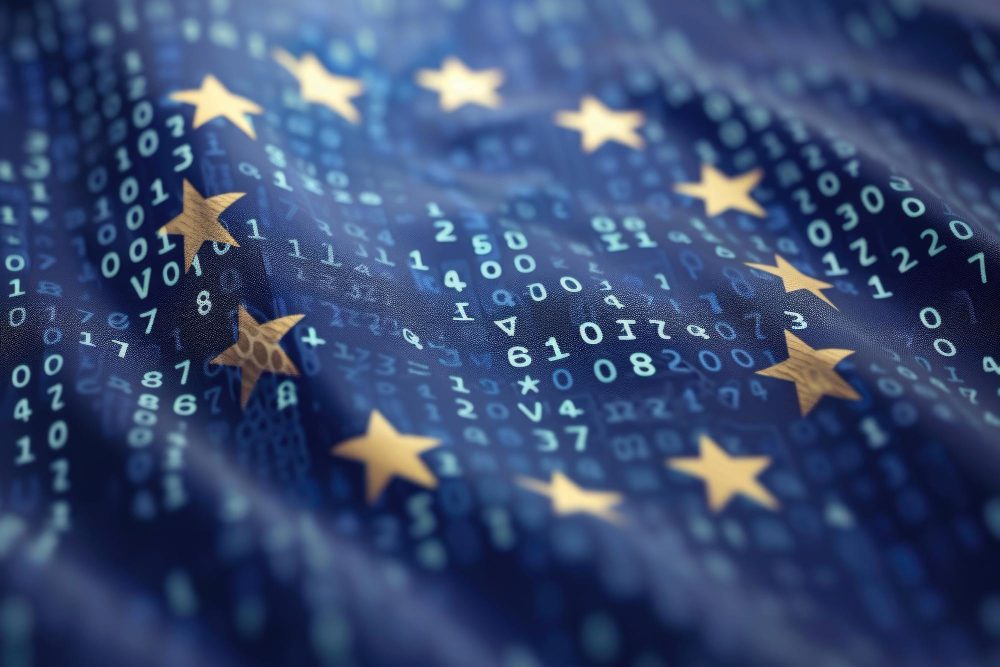Executive Summary
The Story So Far
Why This Matters
Who Thinks What?
The European Union’s Data Act officially began to apply today, granting users unprecedented control over data generated by their connected devices, such as smartwatches and vehicles. This landmark legislation aims to foster data-driven innovation and competitiveness within Europe’s digital economy by enabling consumers and businesses to access, use, and share raw data from their devices, while also creating new opportunities for small businesses in after-sale services.
Overview of the Data Act’s Provisions
The new EU Data Act introduces several key provisions designed to enhance data accessibility and fairness. It mandates that connected devices sold within the EU market must be designed with data-sharing capabilities in mind, ensuring a more open data ecosystem.
Consumers will now have the flexibility to choose more affordable repair and maintenance providers, or even perform these tasks themselves, thanks to increased access to device data. Industries like manufacturing and agriculture will also benefit, gaining access to crucial performance data from industrial equipment, which can significantly improve operational efficiency.
Furthermore, the Data Act empowers cloud users by facilitating easier switching between cloud providers or the parallel use of multiple services. It also explicitly prohibits unfair contractual clauses that could previously restrict data-sharing, promoting a more equitable environment for data exchange.
Commission’s Implementation Support and Future Plans
In conjunction with the Data Act’s application, the European Commission has issued guidance specifically on the sharing of vehicle data. This initiative is expected to lead to improvements in car repair, maintenance, car sharing services, and the broader development of mobility-as-a-service solutions.
The Commission is actively developing further tools to support the implementation of the Data Act. This includes establishing a dedicated Data Act Legal Helpdesk to offer direct assistance to companies with implementation queries. It will also provide guidance on protecting trade secrets when sharing data, clarifying when new protective mechanisms can be applied.
To streamline data sharing, the Commission plans to publish model terms for data sharing agreements and standard clauses for cloud contracts. Additionally, it will adopt a comprehensive Data Union Strategy to further refine and simplify the EU’s overarching data framework.
Collaboration and Complementary Legislation
The development of the Data Act involved extensive collaboration between the Commission and European companies of all sizes, industry associations, and civil society. This engagement ensured that the provisions were clarified and practical tools were developed for its application.
Ongoing stakeholder engagement is crucial to ensure feedback shapes future guidance, maintains proportionate and effective implementation, and contributes to the Commission’s simplification agenda. The Data Act complements the existing Data Governance Act; while the latter builds trust in voluntary data-sharing, the Data Act provides essential legal clarity on data access and usage.








